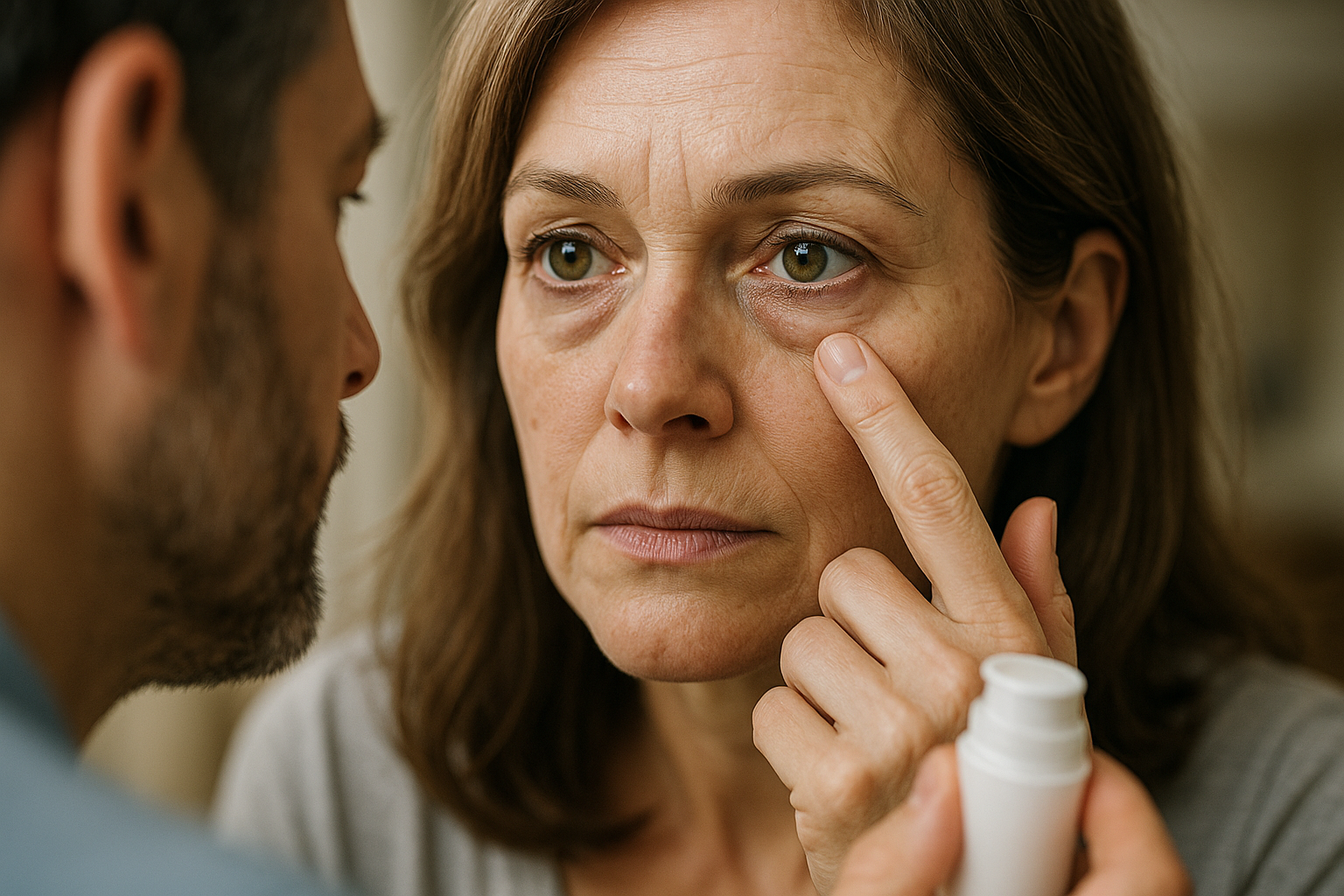Understanding Skin Itching and Its Symptoms
Skin itching, also known medically as pruritus, is an irritating sensation that triggers a desire to scratch. While itching itself is a symptom, it often presents alongside a variety of other signs that can help determine its cause and severity. Recognizing these symptoms is key to managing the itch and identifying any underlying conditions.

Skin itching represents one of the most common dermatological complaints, affecting people of all ages and backgrounds. While occasional itching is normal, persistent or severe itching can indicate underlying skin conditions or systemic health issues that require attention. The sensation occurs when nerve endings in the skin are stimulated by various triggers, sending signals to the brain that create the urge to scratch.
What Causes Itching Skin Relief Needs
Skin itching can result from numerous factors, both external and internal. Dry skin, known as xerosis, represents the most common cause, particularly during winter months when humidity levels drop. Environmental irritants such as harsh soaps, detergents, fabrics, or chemicals can trigger contact dermatitis, leading to itching and inflammation. Allergic reactions to foods, medications, or environmental allergens can also manifest as skin itching. Additionally, certain skin conditions like eczema, psoriasis, or dermatitis create chronic itching patterns that require ongoing management.
Identifying the Right Body Lotions for Itchy Skin
Moisturizing plays a crucial role in managing itchy skin, particularly when dryness is the underlying cause. Effective body lotions for itchy skin typically contain ingredients like ceramides, hyaluronic acid, or glycerin that help restore the skin’s natural barrier function. Fragrance-free formulations are generally recommended to avoid additional irritation. Some lotions include active ingredients like colloidal oatmeal, which has anti-inflammatory properties, or urea, which helps exfoliate dead skin cells while providing moisture. The timing of application matters significantly, with the most effective approach being to apply lotion to slightly damp skin immediately after bathing to lock in moisture.
Finding the Right Lotion for Dry Itchy Skin
Dry, itchy skin requires specialized care beyond basic moisturizing. Therapeutic lotions designed for this condition often contain higher concentrations of humectants and occlusives to provide intensive hydration. Ingredients like petrolatum, mineral oil, or dimethicone create a protective barrier that prevents moisture loss. Some formulations include mild topical anesthetics like pramoxine or cooling agents like menthol to provide temporary itch relief. The consistency of the lotion matters, with thicker creams generally providing more intensive moisture than lighter lotions, though personal preference and skin type should guide selection.
Understanding Nerve Skin Disorders and Itching
Neuropathic itching, caused by nerve dysfunction, represents a complex form of skin itching that doesn’t always respond to traditional treatments. Conditions like post-herpetic neuralgia, diabetic neuropathy, or nerve compression can cause persistent itching sensations even when the skin appears normal. This type of itching often feels different from typical skin itching, sometimes described as burning, tingling, or crawling sensations. Nerve-related itching may require specialized treatments including topical anesthetics, anticonvulsants, or antidepressants that affect nerve signal transmission. Understanding the neurological component helps explain why some cases of chronic itching don’t improve with standard skincare approaches.
| Treatment Type | Provider/Product | Cost Estimation |
|---|---|---|
| Over-the-counter lotions | Drugstore brands | $5-$25 per bottle |
| Prescription topicals | Dermatologist prescribed | $30-$150 per tube |
| Dermatology consultation | Medical practices | $200-$400 per visit |
| Allergy testing | Specialist clinics | $300-$800 per panel |
Prices, rates, or cost estimates mentioned in this article are based on the latest available information but may change over time. Independent research is advised before making financial decisions.
When to Seek Professional Help
While mild, occasional itching can often be managed with over-the-counter treatments and proper skincare, certain situations warrant professional medical evaluation. Persistent itching lasting more than two weeks, itching accompanied by other symptoms like fever or weight loss, or itching that significantly interferes with sleep or daily activities should prompt a healthcare consultation. Sudden onset of severe, widespread itching may indicate an allergic reaction requiring immediate attention. Additionally, if over-the-counter treatments fail to provide relief after consistent use, a dermatologist can evaluate for underlying skin conditions or recommend prescription treatments.
Managing skin itching effectively requires understanding its underlying causes and selecting appropriate treatments. While many cases respond well to proper moisturizing and avoiding known irritants, persistent or severe itching may indicate conditions requiring professional diagnosis and treatment. By recognizing the different types of itching and their characteristics, individuals can make informed decisions about when self-care measures are sufficient and when professional medical guidance becomes necessary for optimal skin health and comfort.
This article is for informational purposes only and should not be considered medical advice. Please consult a qualified healthcare professional for personalized guidance and treatment.




